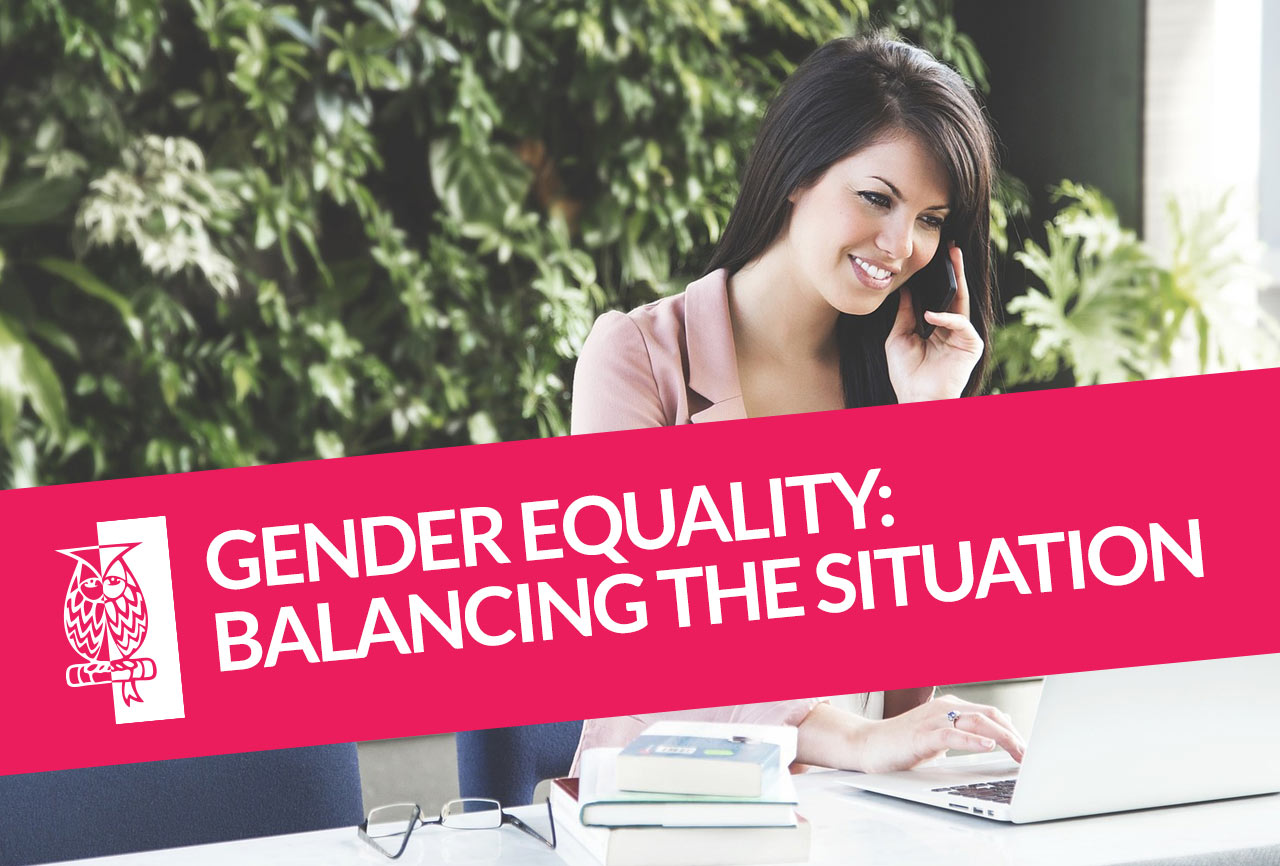Gender equality, as delineated within the Bahá’í teachings, encompasses a profound emphasis on the equitability of rights, responsibilities, and opportunities for all individuals, irrespective of gender. This principle is not merely a societal conjecture but a fundamental tenet underlining the harmonious functioning of society. Drawing upon the wisdom of Bahá’u’lláh and subsequent Bahá’í writings, this exposition elucidates the intricate relationship between respect and healing in the context of gender equality.
The essence of gender equality in Bahá’í thought mandates a holistic understanding that transcends mere legalistic frameworks. It integrates the acknowledgment of inherent dignity, mutual respect, and the necessity for collaborative healing within a community. The Bahá’í approach is characterized by an infusion of spiritual ideals that advocate for the elevation of human consciousness, fostering a communal environment where differences are not only recognized but celebrated.
In the Bahá’í perspective, gender roles are not prescriptive but rather fluid and adaptable, allowing individuals to express their innate potential. This flexibility is vital for dismantling the entrenched stereotypes that often hinder the progress toward gender equity. The teachings emphasize that both men and women possess unique attributes and skills that, when harmonized, contribute to the collective advancement of society. Hence, gender equality is not a zero-sum game; it is a cooperative enrichment of the human experience.
Furthermore, the Bahá’í writings convey a poignant message regarding the societal ramifications of gender inequality. They elucidate that the suppression of any gender directly impairs societal progress. For instance, ‘Abdu’l-Bahá, the son of Bahá’u’lláh, articulated that the advancement of civilization depends upon the full participation of women in social, political, and economic spheres. This call to action underscores the necessity of dismantling systemic barriers that have historically marginalized women, thereby fostering an environment conducive to healing and unity.
A critical element in promoting gender equality involves respect, both at the individual level and within societal structures. Respect, as cultivated through education and thoughtful engagement, is foundational to transformative change. The Bahá’í teachings advocate for a shift in mindset—encouraging individuals to move from a paradigm of entitlement to one of mutual recognition and comprehensive support. This evolution in understanding allows for the coexistence of diverse perspectives while nurturing an atmosphere where every voice is valued.
Moreover, healing plays an integral role in addressing the wounds inflicted by historical injustices related to gender. The Bahá’í approach to healing is multilayered, encompassing not only personal reconciliation but also collective restitution. Advancing gender equality necessitates a commitment to understanding the complex dynamics of power, privilege, and oppression. This awareness enables individuals and communities to engage in restorative practices that promote understanding and empathy, laying the groundwork for robust relationships.
The pursuit of gender equality is intrinsically linked to the concept of service within the Bahá’í framework. Service—whether it be through voluntary participation in community projects or grassroots advocacy—embodies the spirit of unity and collective well-being. Engaging in acts of service cultivates a sense of interconnectedness, reinforcing the notion that when one gender thrives, all genders experience progress. This principle resonates deeply with the idea that to heal divisions, we must actively engage in actions that uplift and empower those around us.
Education emerges as a paramount vehicle for advancing gender equality in Bahá’í teachings. Prioritizing the education of girls and women is not merely a pragmatic consideration; it is a moral imperative that enriches communities. Investment in women’s education catalyzes a multitude of societal benefits, including improved health outcomes, economic growth, and enhanced governance. As more women acquire knowledge and develop skills, the collective capacity for innovation and problem-solving flourishes, ultimately contributing to societal healing.
One cannot overlook the importance of dialogue in fostering understanding and respect between genders. Dialogic engagement encourages the exploration of shared values while acknowledging the unique experiences each gender brings. Through open conversations, communities can confront biases and misconceptions, paving the way for collaborative problem-solving. The Bahá’í teachings advocate for these discussions to be conducted with an authentic spirit of inquiry and respect, reinforcing the principle that true understanding arises from genuine engagement rather than superficial discourse.
In addition, the integral role of men in the advancement of gender equality is emphasized within Bahá’í teachings. Men are encouraged to become allies in the struggle for equity, advocating for the rights of women and participating in transformative efforts that create a balanced society. The interdependence of genders is a core tenet; as such, fostering gender equality is a project that requires the engagement and commitment of all societal members, recognizing that healing and respect are mutual obligations.
In conclusion, the Bahá’í teachings on gender equality encapsulate a multifaceted approach that interweaves respect and healing into the fabric of society. This holistic perspective is not limited to theoretical constructs but extends to practical applications that promote the full participation of all individuals. By pursuing gender equality through the lenses of education, service, dialogue, and mutual investment in one another’s growth, societies can transcend historical limitations and move toward a future where every individual, regardless of gender, can thrive in equity and harmony.
